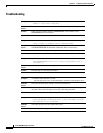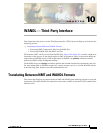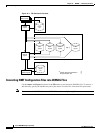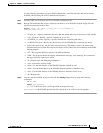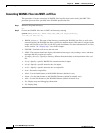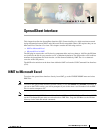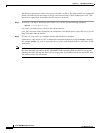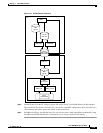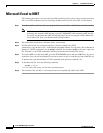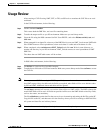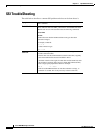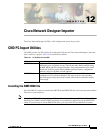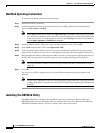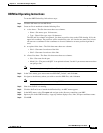
11-2
Cisco WAN Modeling Tools Guide
OL-10426-01, Rev. A0
Chapter 11 SpreadSheet Interface
NMT to Microsoft Excel
The following procedure is for the conversion of an NMT .cnf file to .dbf, a Microsoft Excel compatible
format, and archiving the .dbf output so that it can be moved from a UNIX workstation to a PC. This
section also explains how to unarchive the file once it is on the PC.
Step 1 To convert a .cnf file to .dbf format and archive it as a .tar file, use the following command:
nmt2tar
cnf_name
[
parts_file
]
cnf_name is the name of any .cnf file in the current directory.
parts_file is the name of the file that lists the components. You should specify a parts file only if you are
using a file other than the default.
Step 2 FTP the cnf_name.tar file to a computer that has Microsoft Excel installed.
Alternatively, copy the file to a PC- or Macintosh-compatible diskette by using the mcopy command.
For example, mcopy cnf_name a: copies the file cnf_name to the diskette in the A: drive of the UNIX
workstation.
Note If the destination PC has not been used for reading archived .cnf files, you should copy the following
files from the NMT directory to the PC: SSIDOSKT.TAR (containing DOS .bat files for tarring and
untarring the NMT SSI .dbf data files), the tar.exe program, and the Microsoft Excel macro SSI. Also,
you should read the file SSI.readme.



